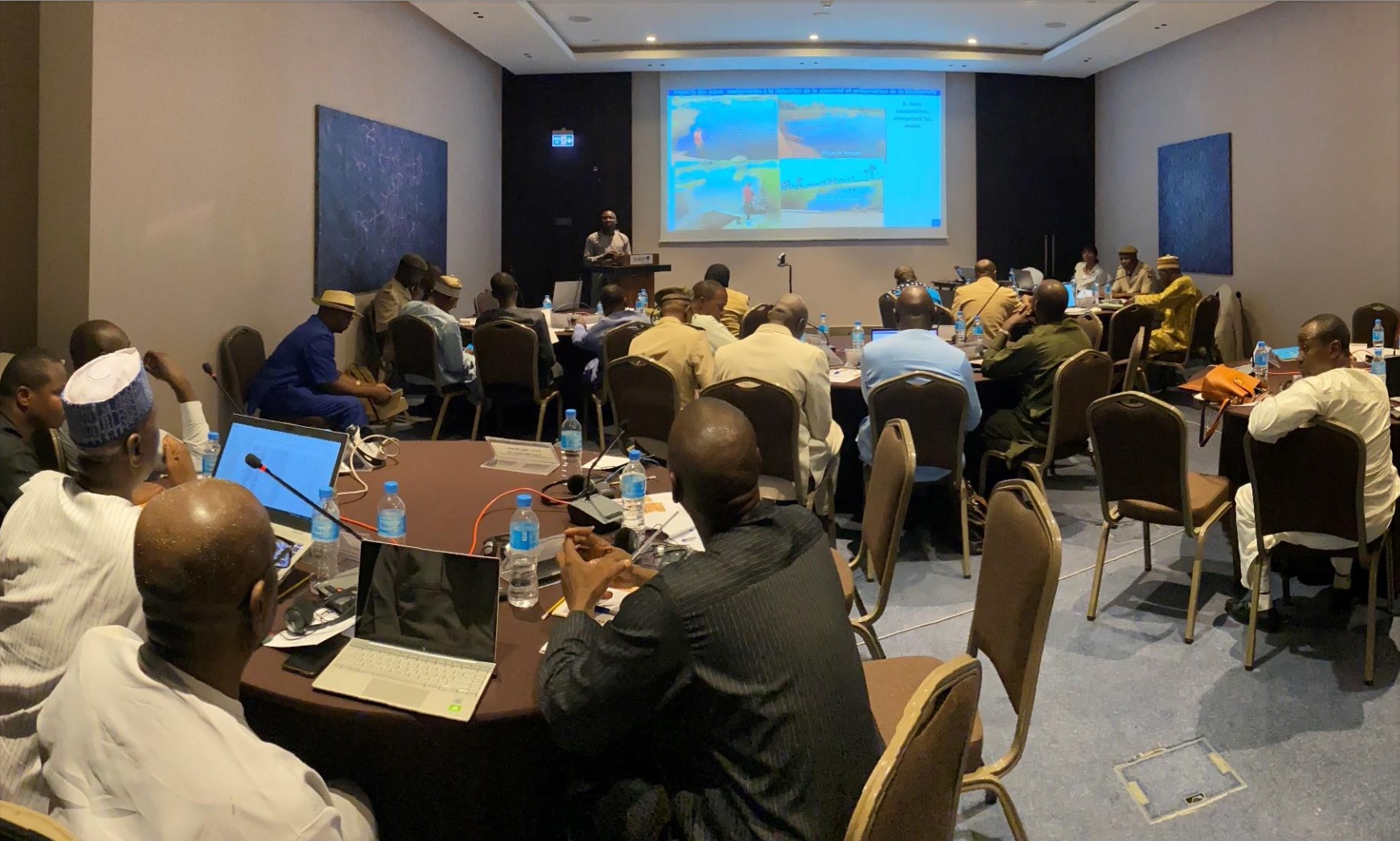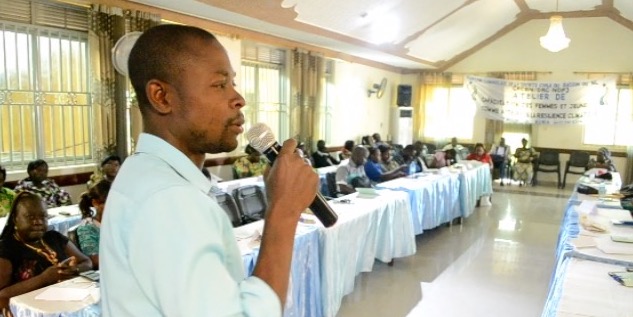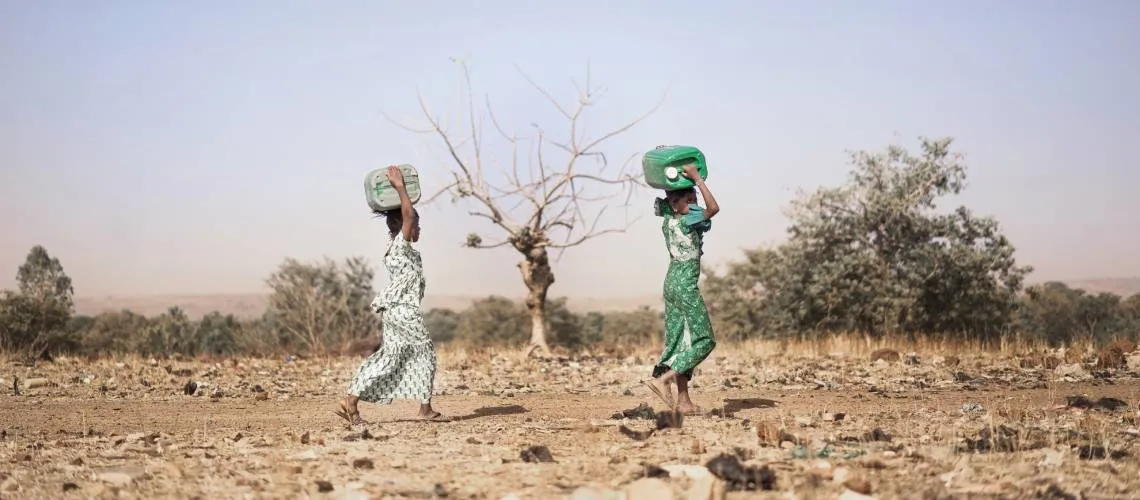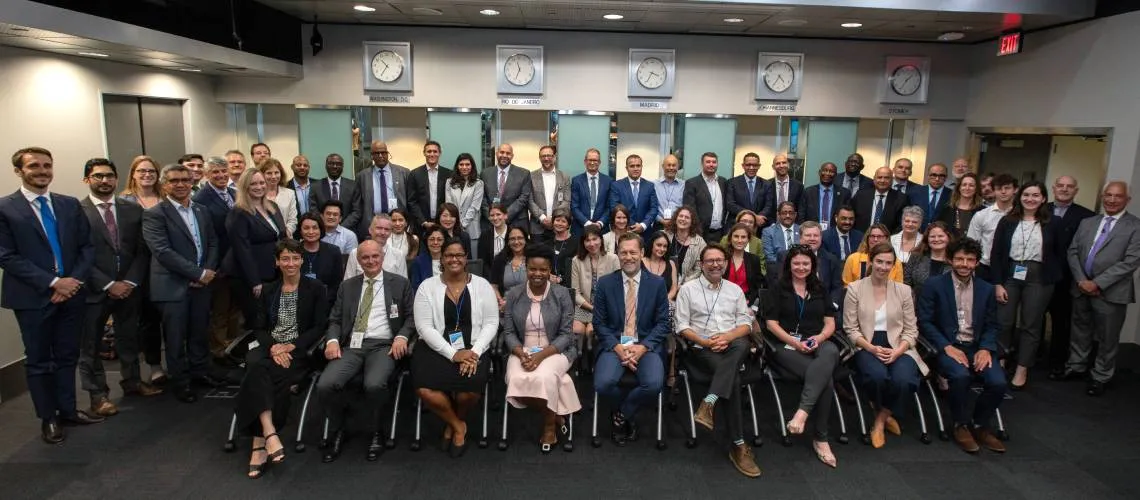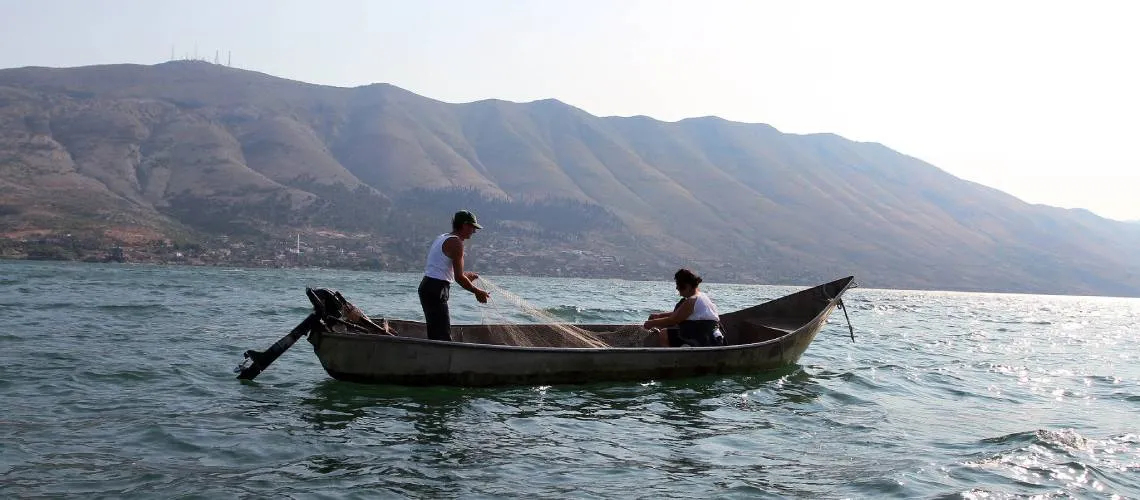Male Champions for Women’s Empowerment: Who has the power to make decisions?
Posted in : Blog on 14 November 2023
CIWA has designed a pilot program to foster a cadre of men to spur changes in social norms and values on gender in transboundary water management and development.
Catalyzing Farmer-Led Irrigation Development in the Sahel from Shallow Groundwater
Posted in : Latest on 10 October 2023
Groundwater is usually considered shallow when the water table is found less than 8 m deep. This allows its abstraction with an inexpensive surface pump operating by suction. Regional studies conducted in the six Sahelian countries—Burkina Faso, Chad, Mali, Mauritania, Niger, and Senegal— conclude that there is huge potential to develop shallow groundwater for farmers […]
Innovation at at Time of Unprecedented Challenges: World Water Week 2023
Posted in : Videos on 21 September 2023
Every year, water experts, policymakers, and stakeholders meet in Stockholm to discuss topics such as water management, climate change, and sustainable development, aiming to accelerate action towards achieving water security and resilience. This year’s topic focused on innovation at a time of unprecedented challenges, aiming to rethink how we manage water.
CIWA launches Male Champions for Women’s Empowerment to transform gender inequalities in transboundary waters
Posted in : Blog on 22 August 2023
CIWA has launched the Male Champion for Women’s Empowerment to tackle gender inequalities in transboundary waters. By engaging men as key stakeholders, influencers, and decision makers, this initiative aims to create a positive space for women to participate equally. Let’s empower men to work towards gender equality and transform the water sector.
Sowing the seeds of change to solve the water crisis
Posted in : Blog on 19 August 2023
Investing in water supports people, the planet, and the economy—it is a critical accelerator for achieving the SDGs. Globally, investment needs for the water sector exceed $1.37 trillion and must increase six-fold from current levels to meet SDG 6 (clean water and sanitation for all) by 2030.
Leaving No One Behind: CIWA’s Integration of a Social Inclusion Perspective
Posted in : Latest on 18 August 2023
The World Bank positions social inclusion as creating opportunities for all people while addressing deep-rooted systemic inequalities. The Cooperation in International Waters in Africa (CIWA), a World Bank trust partnership that supports riparian governments in Sub-Saharan Africa to address constraints to cooperative management and development of transboundary waters, recognizes the importance of applying a social […]
River basin organizations: Making a difference for livelihoods, development and peace
Posted in : Blog on 17 July 2023
River Basin Organizations (RBOs) are key pillars of international and regional water resources governance, providing countries with a platform for exchanging information and a vehicle to achieve water security but also to materialize broader development objectives.
Water knows no borders: Transboundary cooperation is key to water security and avoiding conflict
Posted in : Blog on 10 July 2023
As pressure mounts on the world’s freshwater resources, closer international cooperation is needed to manage the world’s shared rivers, aquifers, and lakes.
Overflowing with biodiversity: protecting the Great Limpopo Transfrontier Conservation Area
Posted in : Latest on 11 June 2023
In the Great Limpopo TFCA (Transfrontier Conservation Area), which straddles Mozambique, South Africa, and Zimbabwe, sits the Pafuri-Sengwe Node, a geography highly susceptible to both drought and poverty. These threaten livelihoods and leave communities less equipped to support biodiversity protection. Through CIWA’s Southern Africa Drought Resilience Initiative (SADRI), the World Bank supports work to identify […]
Cubango-Okavango Basin Sustaining a Crucial Water Source for the Living
Posted in : Latest on 11 May 2023
The environmental integrity and long-term protection of the Cubango-Okavango River Basin depend on addressing the underlying drivers of poverty. Accelerated environmental changes in the basin are largely driven by four factors – population dynamics, land use change, poverty, and climate change – leading to deterioration in water quality, changes in the flood pulse and diminishing […]



